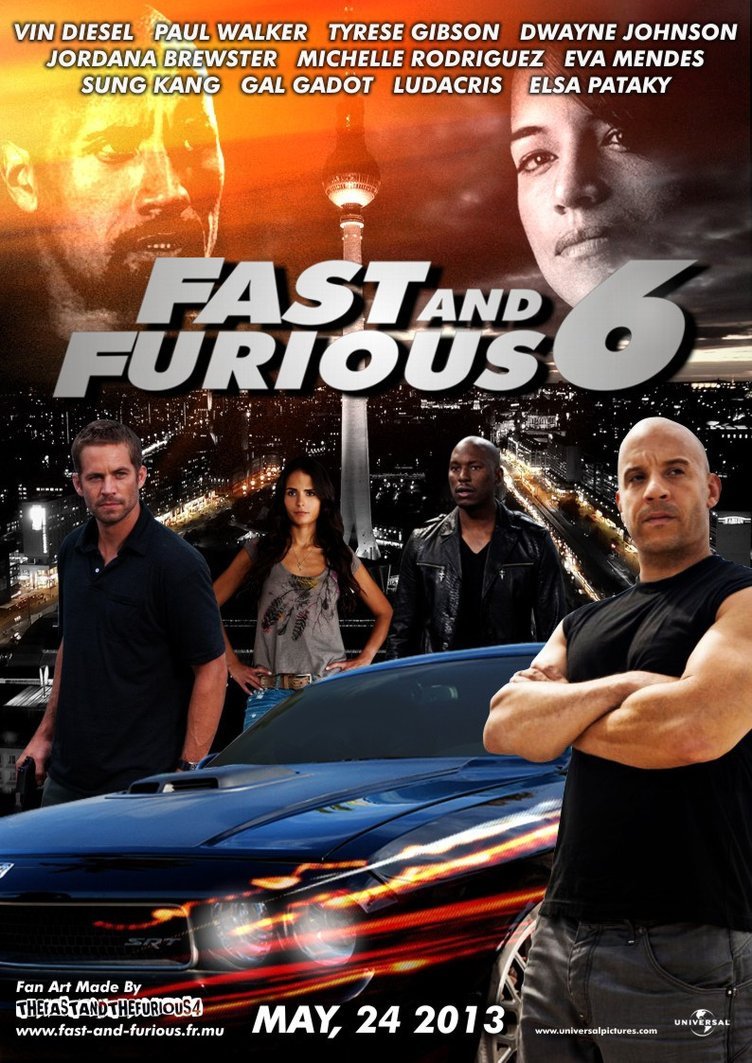 Gods of Egypt is not a particularly good movie, and yet somehow it’s still perfectly enjoyable. It’s rather cheesy, kind of corny, and gloriously over the top. However, there’s something to be said for a movie that knows exactly what it is and isn’t afraid to just have some fun. So while Gods of Egypt won’t be winning an Oscar any time soon, it has a certain kind of goofy charm that, if you’re willing just to kick back and enjoy the ride, makes it the type of movie where you may be surprised at how enjoyable it turns out to be; assuming expectations are kept low, and one doesn’t actually end up paying full price to see it.
Gods of Egypt is not a particularly good movie, and yet somehow it’s still perfectly enjoyable. It’s rather cheesy, kind of corny, and gloriously over the top. However, there’s something to be said for a movie that knows exactly what it is and isn’t afraid to just have some fun. So while Gods of Egypt won’t be winning an Oscar any time soon, it has a certain kind of goofy charm that, if you’re willing just to kick back and enjoy the ride, makes it the type of movie where you may be surprised at how enjoyable it turns out to be; assuming expectations are kept low, and one doesn’t actually end up paying full price to see it.
It seems a bit late to be trying to ride the coattails of the “success” of the 2010 Clash of the Titans remake, but Gods of Egypt pretty much tries to duplicate that formula, albeit with more of a jaunty, light-hearted approach. As was the case with Titans, this movie is more concerned about spectacle than characters or plot. Indeed, the entire advertising campaign has been nothing but eye-candy with a few one-liners sprinkled in. The problem with that, as it was with Titans, is when there isn’t any spectacle on screen, the film tends to drag (both movies are definitely too long). Fortunately, unlike Titans, Gods of Egypt is well aware of the fact that it’s a pretty goofy film, so it never takes itself too seriously. Gerard Butler in particular seems to be having a grand time as the villain, clearly understanding what is expected of him in a film of this nature and delivering a performance that he obviously had fun with. The rest of the cast also appears to be having fun getting to dress up and play in a fantasy-based video game with lots of action and ridiculous one-liners. In short, you might say Gods of Egypt is a goofier, more light-hearted version of Clash of the Titans, with Egyptian “mythology” instead Greek.
All the silliness aside, the film does present a couple of rather serious topics to consider. One; do the gods even care about us mere mortals? Two; how does one attain eternal life? As to the first point, in this mythical world of Egypt, the gods live among their “lesser” creation of mortals side by side in a mostly congenial relationship. While most are content to worship and revere the gods, our plucky young hero Bek (who seems to have a more “progressive” and “modern” outlook) finds little use for prayers or worshipping gods. When he does finally decide to trust one, he discovers he’s been tricked and used as a means-to-an-end for the god’s own purposes. He states that it’s clear now that the mortals don’t really matter at all to the gods, to which the god in question responds, “Now you know.” Sad, especially since that’s exactly what so many believe. If there’s a God, he certainly doesn’t seem to be all that interested in all the pain and misery down here amongst the mortals, otherwise he would do something about it, right? The ironic thing is he has. In fact, the fast approach of Easter is a reminder of exactly what length he went to in order to “do something about it.” The death and resurrection of Jesus Christ, the Son of God, was the loving God of the universe doing something about the mess down here amongst us mortals. So why aren’t things magically better? The more important question is really whether or not one is going to acknowledge who Jesus is and what he did. All the answers to the previous question hinge on one’s response to that issue.
As for the second point, the question about eternal life, it should come as no surprise that the film ultimately concludes the most best way into the afterlife is to gain favor through “good deeds” and “compassion”, a road which makes everlasting life “available to all.” That’s always been a big sticking point for many when it comes to the Christian view of heaven; i.e. it’s more of an exclusive club. Again, the real answer hinges on Jesus. It’s made very clear that eternal life is indeed available to anyone (John 3:16 the most famous among those declarations), but the caveat being it isn’t based on our “good works” or “compassion” or anything else we do ourselves, but solely through the acceptance of what Jesus did on the cross. In the afterlife depicted in the movie, those who have died approach a set of scales, and if they have enough gold to tip the scales in their favor, they get the good afterlife; if not, the bad. The problem, however, is in reality there is nothing we can offer, nothing we can do to tip those scales in our favor. God, however, not wanting any of his precious creation to perish, put his own Son on the scale on our behalf, paying what we could not, and making the way, the only way, but a way available to all, to attain eternal life.
Of course, Gods of Egypt doesn’t delve quite as deeply in any of these issues. It’s more concerned with things looking cool. The plot is a veritable patchwork of ideas taken from the recycle bin of “fantasy movie essentials”, as are the cardboard cutouts that pass for characters. This is the ultimate style-over-substance kind of flick, to the point that it (apparently at random) will show things in slow motion, you know, because that always makes things look cooler. But as I said at the start, if you’re looking for some goofy fun and not much else, Gods of Egypt may be the kind of dumb, guilty pleasure you’re looking for.




